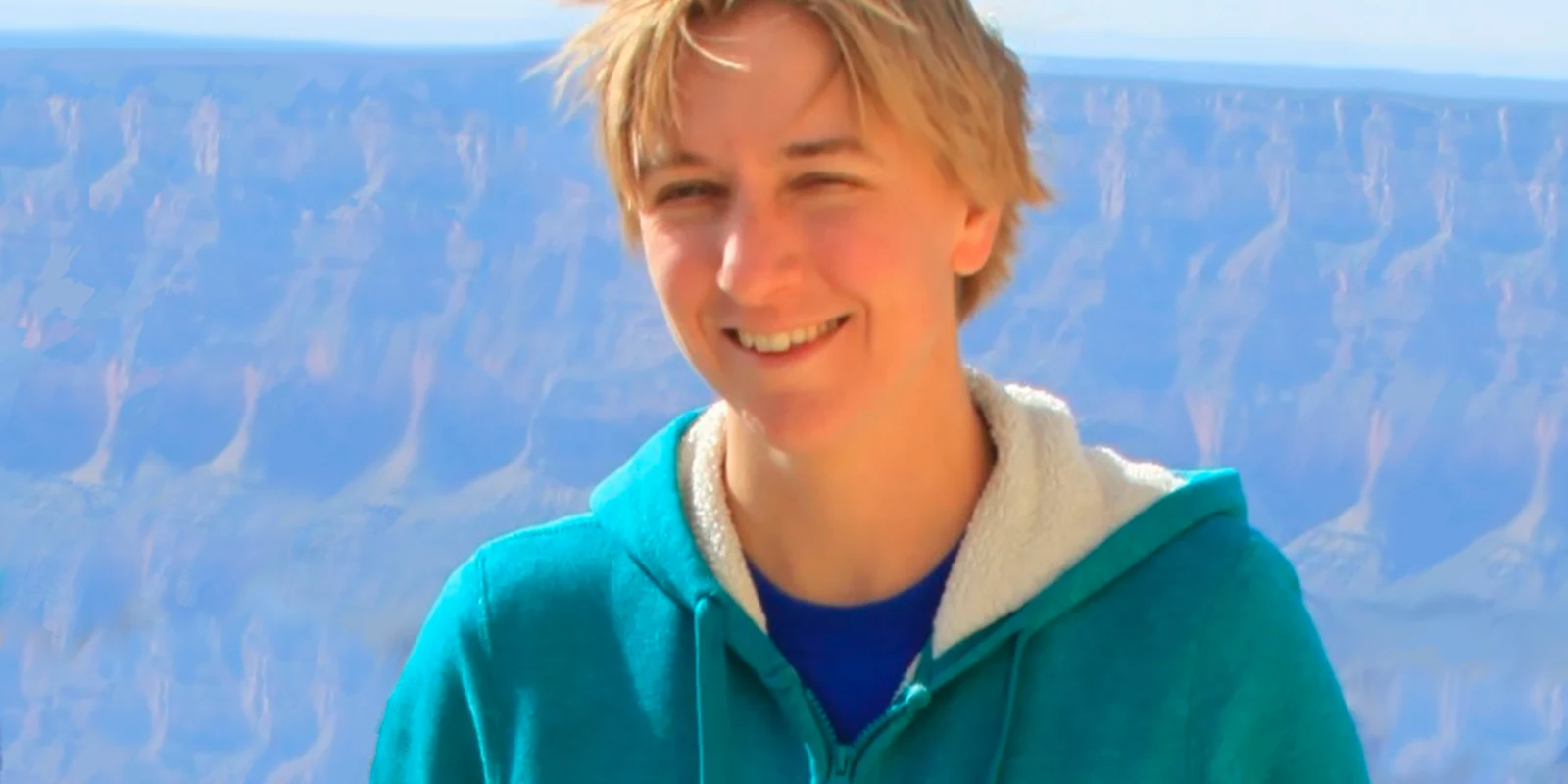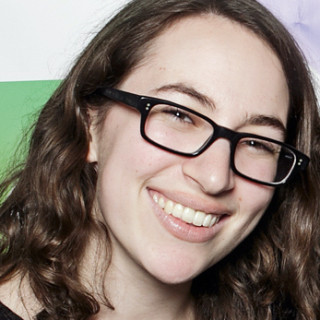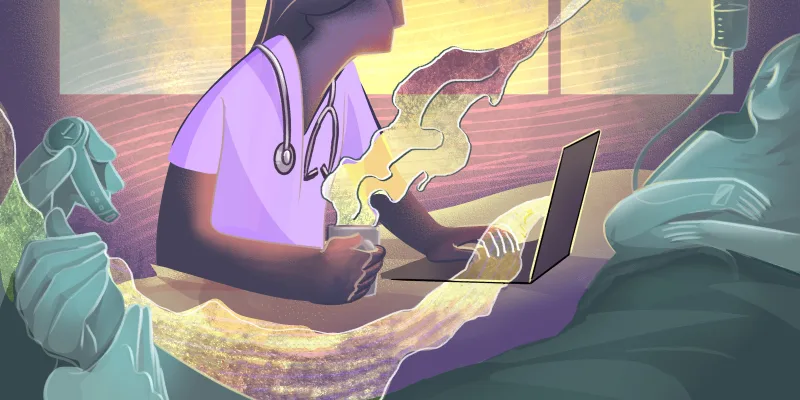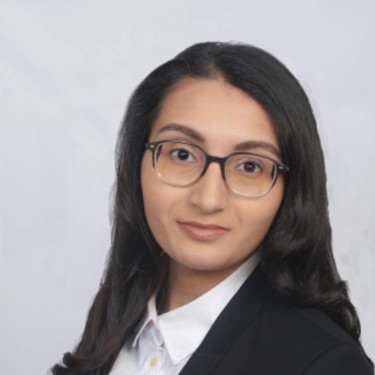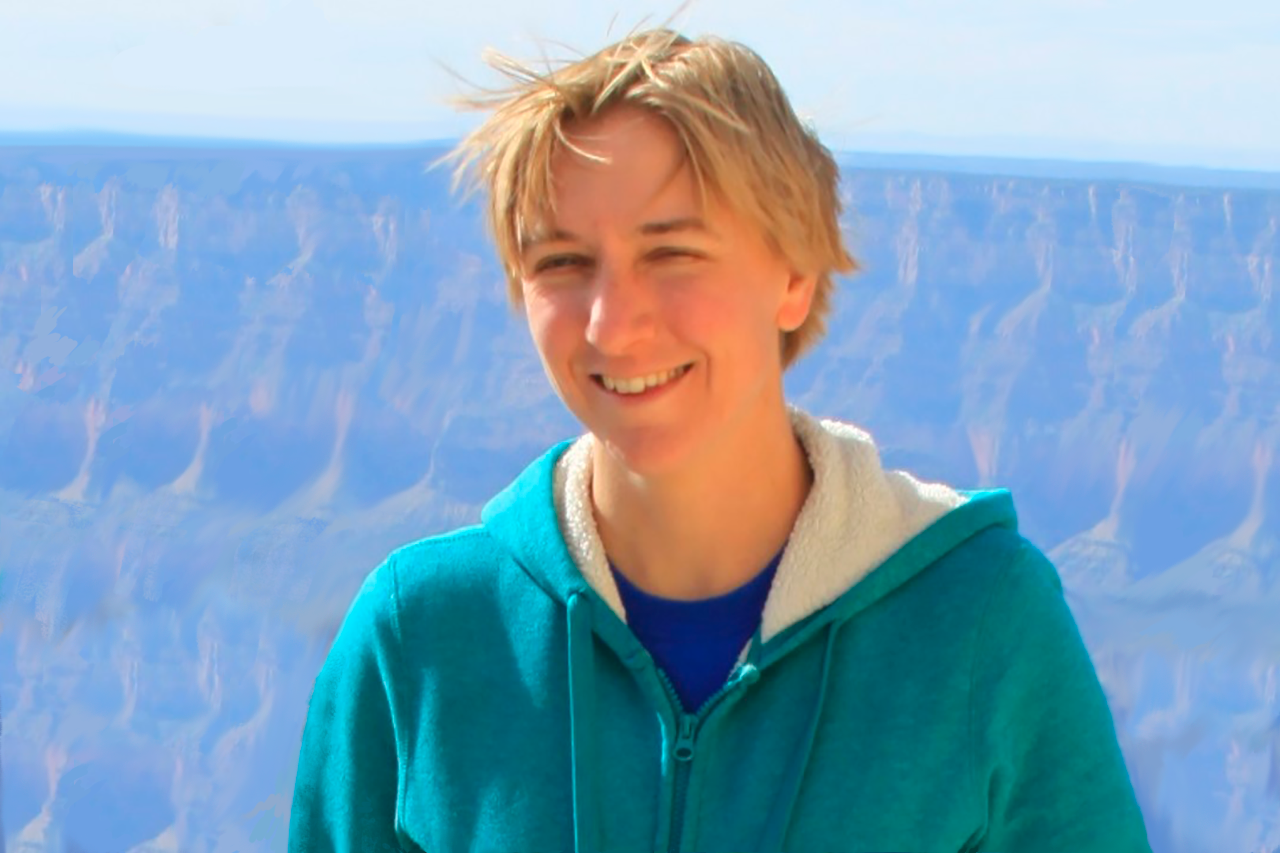
Name: Valory Wangler, MD
Specialty: Family Medicine
Education: Swedish Medical Center, Baylor College of Medicine, Texas A&M University
Areas of Expertise: Family Medicine
Current Position: Family Practitioner
1. Why did you choose family medicine?
For me, family medicine means connecting with and treating the whole patient, and in a rural setting like mine, being able to provide a large majority of the care most people need. The remoteness of my community means I get to ‘do it all,’ managing the ER, taking care of inpatients, delivering newborns, and still keeping a strong primary care clinical presence. No other specialty would equip me for this work.
2. What is the last journal article or piece of research that significantly changed your practice?
My practice sees tons of dialysis patients. The 2016 change, eliminating ‘healthcare associated pneumonia’ as a treatment category has frequent implications for my patients.
3. What are your research interests?
I am captivated by and concerned about the impact of climate change on human health. From natural disasters to vector-borne disease, heat-related illness to displacement by changing sea levels, I think predicting how climate change will affect our patients and working to prevent these effects is a critical public health concern.
4. Outside of your daily practice, do you have any personal or professional projects that you’re passionate about?
I serve on the Board of Physicians for Social Responsibility. PSR fights the threats climate change and nuclear weapons pose to human health — what could be more important? I am also working on a telemedicine practice and interested in how technology can make our work more efficient without sacrificing the patient-doctor relationship.
5. What area of family medicine is changing most rapidly?
Eight years out from residency I find medicine changes very fast! I took a great point of care ultrasound course this month, which will change my practice substantially.
6. What is a common misconception that other clinicians have about family medicine?
I definitely got some pushback in medical school about not going into a more ‘respected’ or ‘academic’ or ‘challenging’ field. There is little more challenging than meeting the needs of my community across the broad spectrum of family medicine, whether that been in the ER, OB, clinic, or inpatient ward.
7. Who are your mentors?
I am inspired by family docs that maintain a commitment to service despite the many challenges. I learn every day from my current colleagues who could have chosen much easier jobs, but chose to come to a rural community with substantial need and to carry on the tradition of the ‘do it all’ family physician.
8. What’s the best advice you’ve ever received?
My Program Director at Swedish once said not to take on work you wouldn’t do as a volunteer. While there are plenty of days I feel burned out and tired, practicing medicine is an honor, the trust patients place in us is inspiring, and there is nothing else I’d rather be doing…even if I had to do it for free.
9. What has been your most gratifying moment of being a clinician?
The thousand small ‘wins’ are what mean the most to me — patients who succeed in making lifestyle change, become committed to a treatment regimen, overcome personal challenges, or die comfortably at home in the presence of friends and family. The small moments all add up!
10. How do you motivate patients to do what’s best for their health?
I really try to meet people where they’re at. Not exercising? Is there something — anything — you like to do? I’d much rather it be something you enjoy, even if it isn’t the best cardiovascular workout on the planet. How many people have treadmills they use as extra laundry racks? But what about making a short walk daily bonding time with your kids? Or the dog?
11. What is the biggest challenge or obstacle as a woman in family medicine?
The subtle sexism. Patients who ask to speak to the doctor after a female physician has spoken with them at length. Colleagues who may pass over a more experienced female doc and find the male doc to help out when a sick patient comes through the ER. This is especially irksome in light of studies showing patients of female physicians live longer!
12. What are your favorite Doximity features and how have they helped your productivity (Dialer, DocNews, Career Navigator, e-Fax, etc.)?
DocNews keeps me in the loop and E-Fax is a great tool for sending/receiving faxes when I’m away from the office!
